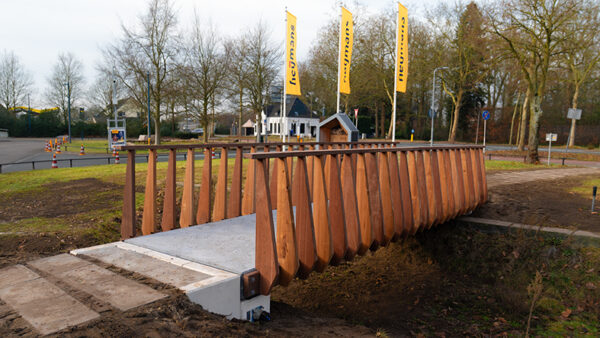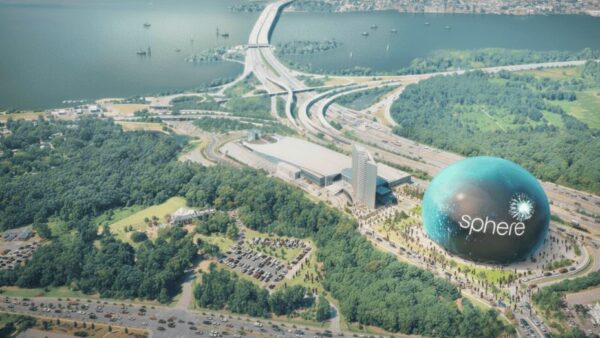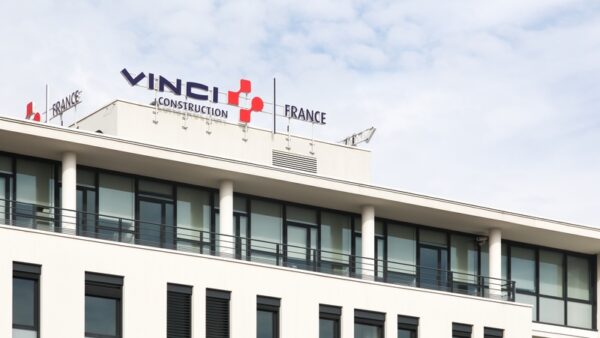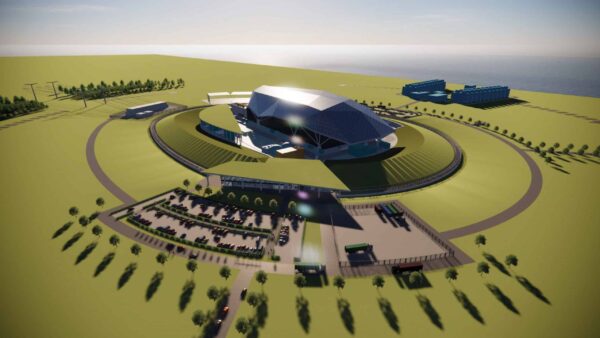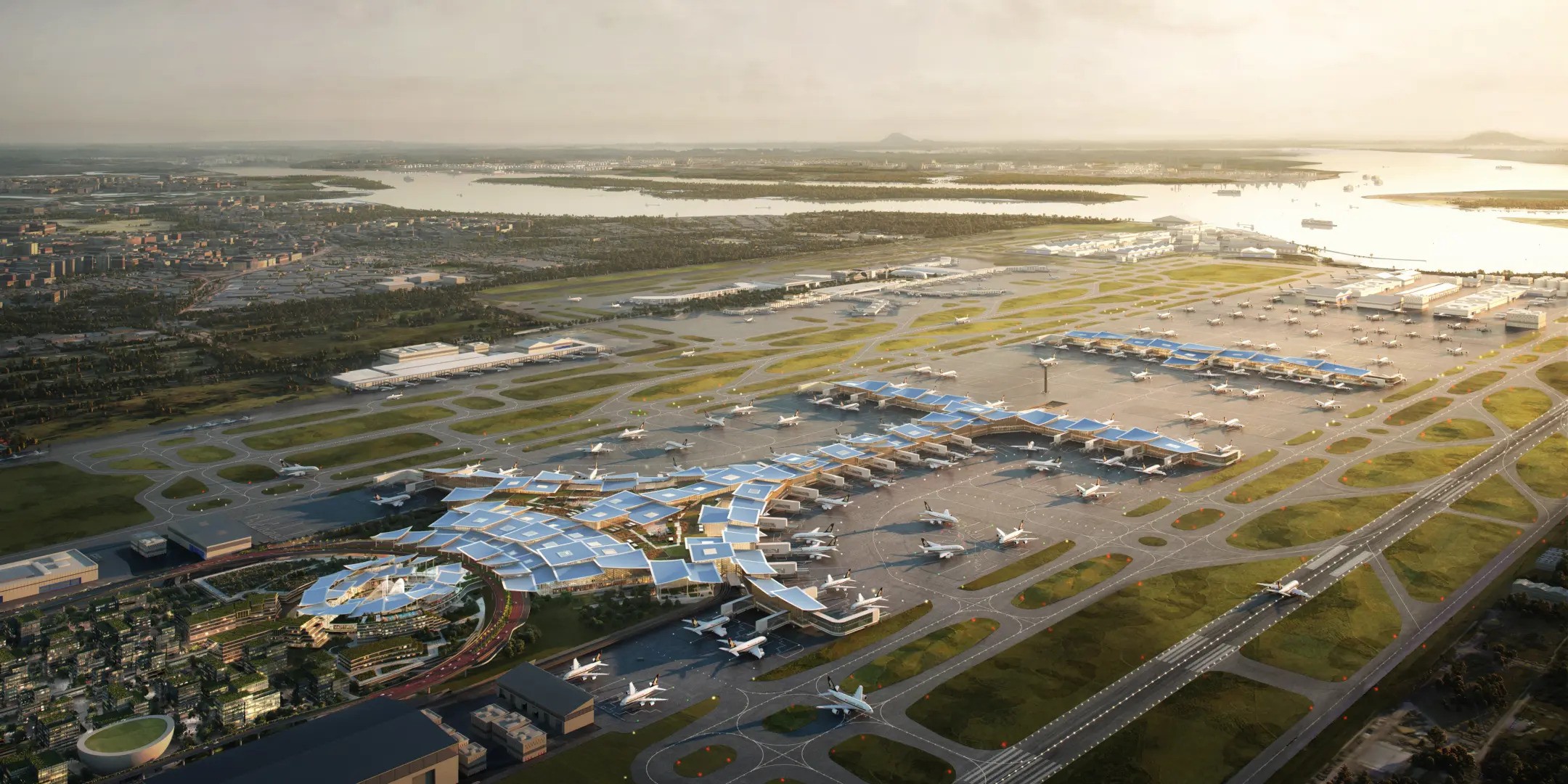
Singapore has finally broken ground on Changi Airport’s Terminal 5, five years after halting it as the covid pandemic erupted.
At the time, the government wasn’t sure there would be a future for commercial aviation, but now it is.
When complete in the middle of the next decade, T5 will be able to handle 50 million passengers a year, raising Changi’s capacity from 90 million to 140 million and strengthening its claim to be the predominant air hub for South East Asia.
The terminal will be home to Singapore Airlines, the national carrier, and its budget arm Scoot. Other airlines will share the terminal.
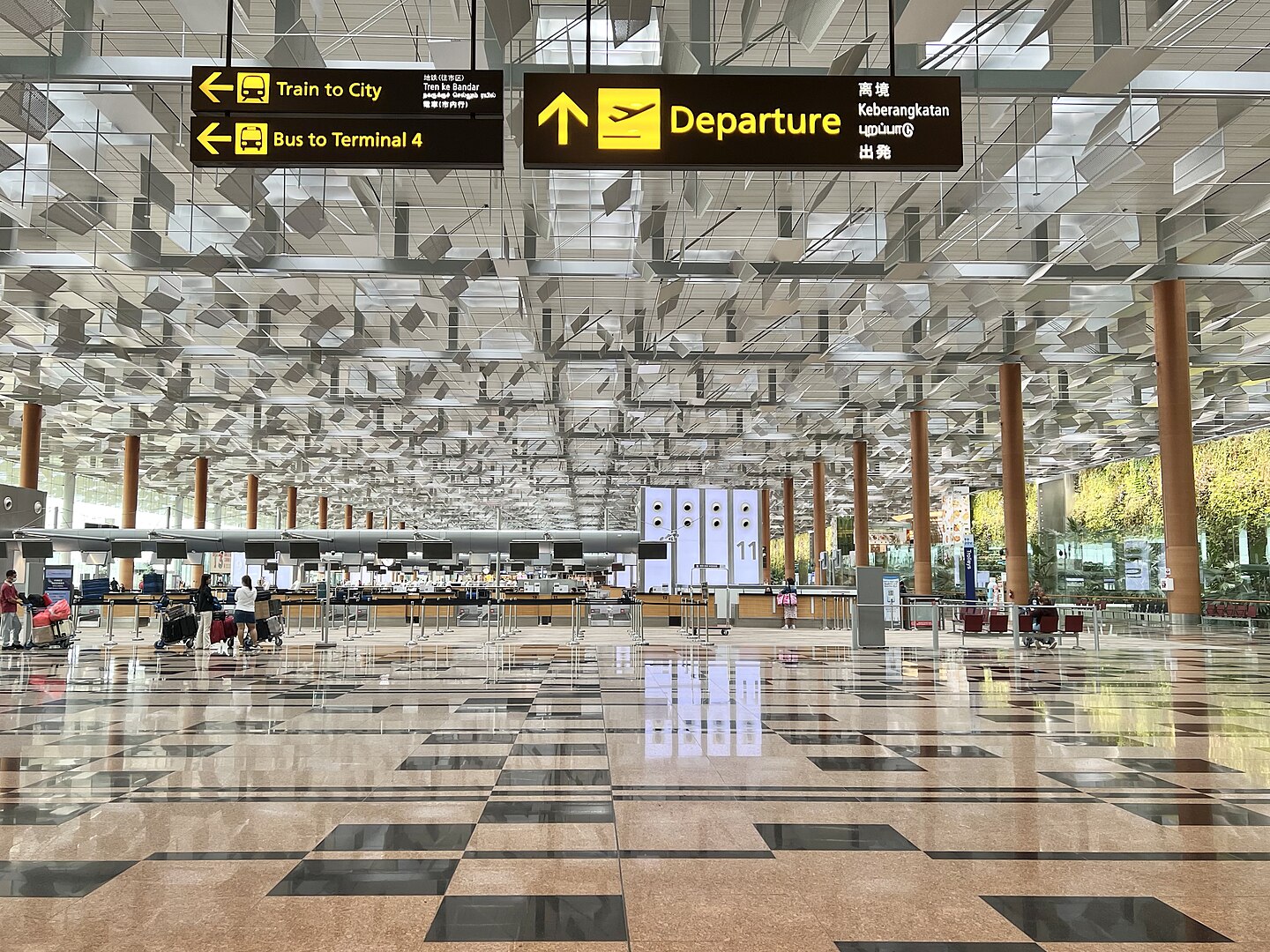
Now, a passenger can fly to more than 170 cities; T5 will extend this to more than 200 by the mid-2030s.
New levels of automation
As well as the terminal building, the works will include a third runway, a second control tower and three automated people-movers.
Changi Airport said the terminal would be fitted with automated systems to boost its handling capacity. These will include rain-proof baggage robots, video analytics and AI systems to monitor and assist passengers.
Another innovation will be security checks carried out near boarding gates at multiple screening points.
Bid for regional dominance
The Asia-Pacific region is already the world’s biggest air travel market, and it’s expected to double by the 2040s.

Changi Airport hopes T5’s state of the art systems will give it an edge over other first-tier airports in the region, particularly Bangkok’s Suvarnabhumi, which will be able to process 150 million passengers by the early thirties.
Other challengers are Soekarno-Hatta in Jakarta, Kuala Lumpur International and Vietnam’s forthcoming Long Thanh.
US practice Kohn Pedersen Fox designed T5 with striking curved and overlapping roofs.
It will be located in the 1,080ha Changi East development, and will have a transport hub bringing together the Thomson-East Coast and Cross Island MRT lines, buses and taxis.
It will have a rooftop solar system and all-electric airside vehicles.
- Subscribe here to get stories about construction around the world in your inbox three times a week
Further reading:


